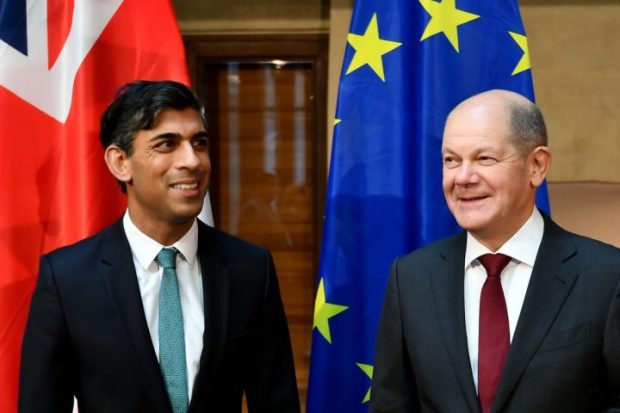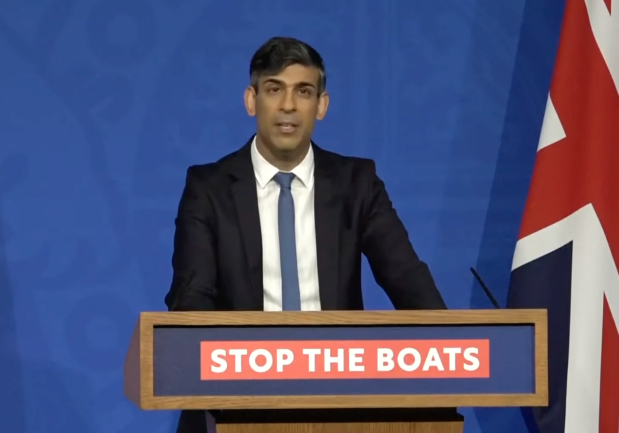Do we need an officially-sanctioned, government-backed crypto-currency underwritten by sterling – a ‘Britcoin’ – as Rishi Sunak is said to be advocating? At first sight it is hard to see the attraction. Surely, there are two principle reasons why people feel attracted to Bitcoin and other cryptocurrencies. Firstly, if you are a drug dealer, you might hope that it is a way of keeping your stash of wealth beyond the reach of law enforcers. This hasn’t quite proved true, but you can understand why cryptocurrencies have their fans in the criminal world. Secondly, there is the hope of making a quick, speculative profit. The wildly gyrating values of Bitcoin and other cryptocurrencies make them pretty useless for day-to-day transactions, but it does have the ability to generate quick, massive profits for those who time it right – and corresponding heavy losses for those who get it wrong. This is the real reason cryptocurrencies have generated so much interest in recent years: they are a reinvention of the age-old ponzi scheme.
A Britcoin, on the other hand, would appeal in neither way. It is only going to bob up and down with sterling – and it is difficult to believe that it is going to be designed in such a way as to make it hard for the fraud squad to trace its whereabouts. So just what would be the point of Britcoin? Sunak has been reported as arguing it could make foreign transactions easier and that it could provide a more secure alternative to hoarding cash, for those who don’t want to put their money in a savings account. An increasing number of people appear to fall into this category: since the beginning of the pandemic, the value of Bank of England banknotes in circulation has surged by 14 per cent to £80 billion.
But we shouldn’t fall for Britcoin. It is not hard to see how it could be yet one more devious scheme to abolish cash – something the Cameron government seriously considered doing – and so give the Bank of England the ability to impose negative interest rates. Central banks would love to set negative rates at the moment – in order to stimulate shattered economies and to cut their own interest bills. June’s borrowing figures, released last week, showed that over 10 per cent of the money the government spend in that month went on debt interest. Negative interest rate would turn that around and reward the government for borrowing – while simultaneously eroding (some might say stealing) the savings of ordinary people.
But neither the Bank of England nor any other central bank could get away with imposing much in the way of negative interest rates, because if they did so you, I and everyone else would queue up outside the banks, Northern Rock-style, to withdraw our cash and stuff it beneath the mattress. There are certain security issues with this course of action, but then if we had a series of bank runs and collapses, the mattress would be the safest place for our money. It is true that negative real interest rates are already eroding our savings, but there would be something far more frightening about watching our bank balances drop in nominal terms. A great number of people would do all they could to avoid it.
And if we didn’t have the option of keeping our savings in cash, and were forced to keep them in the form of Britcoin instead? It would be easy for our Britcoin to be subjected to negative interest rates. It is hard not to reach the conclusion, then, that Britcoin is part of a scheme designed to persuade us to part with cash so that negative interest rates could be imposed in future – eliminating the need for the government ever to balance its books. We should have nothing to do with it.
Got something to add? Join the discussion and comment below.
Get 10 issues for just $10
Subscribe to The Spectator Australia today for the next 10 magazine issues, plus full online access, for just $10.
The War Against Cash by Ross Clark is published by Harriman House




















Comments
Don't miss out
Join the conversation with other Spectator Australia readers. Subscribe to leave a comment.
SUBSCRIBEAlready a subscriber? Log in